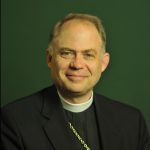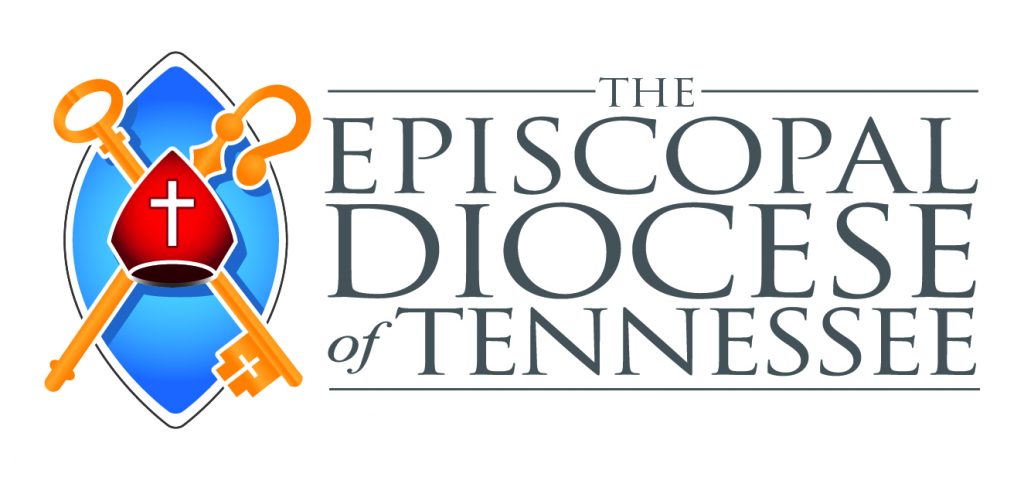Two weeks ago, more than 100 Episcopalians in the diocese of Tennessee signed onto a letter asking their bishop, John Bauerschmidt, to publicize how he intended to implement Resolution B012 in that diocese. Tennessee was one of the eight dioceses that had prohibited marriage equality prior to last year’s General Convention. The Resolution intended to push the decision on marriage equality to the level of individual cleric and parish was intended to go into effect with the beginning of Advent.

The group, members and supporters of All Sacraments for All People (ASAP) sent their letter to Bauerschmidt on December 7th. On December 11th, Bishop Love of Albany, who had proclaimed that he would not allow B012 to be be implemented in that diocese and that all clergy were still subject to the diocesan canon forbidding marriage equality, had his ministry limited by the Presiding Bishop and was informed that he would be subject to a Title IV disciplinary process for his actions.
Now, at long last, Bishop Bauerschmidt has publicized his intention to implement B012 in Tennessee and details for how that would work. Missions and chaplaincies of the diocese, being under the direct authority of the bishop will not be eligible for same-sex marriages. In parishes, the bishop will require agreement between the cleric and the lay-members before proceeding and will also expect to be notified prior to any such marriage taking place. However, Bishop Bauerschmidt will designate another bishop to provide pastoral oversight for marriage to those congregations that do wish to host same sex marriages, including for any couples needing permission in the case of divorce.
Bauerschmidt’s statement ends with a curious appeal though: “The Bishop reminds all clergy of the Diocese of the obligations undertaken at ordination, and the role of the Bishop as chief pastor, and commends to them the teaching summarized in the
document “Pastoral Teaching on Marriage.” This document (found here) is a fairly straightforward defense of traditional marriage, drawing on scriptural passages and Augustine.
It’s conclusion says;
“This is undoubtedly a time of reappraisal of the Church’s traditional doctrine of marriage, but also a time for re-affirmation. Our cultural moment is fraught with new possibilities, both creative and destructive. Christian reflection seeks discernment capable of telling one from the other.
This pastoral teaching has taken the Holy Scriptures as its primary resource. It acknowledges the reality of cultural change. It seeks guidance from a wider tradition of Christian reflection on the resources available to us. It attempts to speak positively of the things handed down, and not negatively about things now coming into view. People of good will may differ in their understanding of these matters. This account has spoken mainly of the features of the traditional doctrine that are most at issue now within the Church.
It has not attempted to say everything that could be said about marriage. It has left to one side other alternatives being explored by our culture, which are likely to have profound consequences on society, especially the eclipse of marriage itself by more informal social relationships. It has noted only in passing the impact of scientific technique, both in the present and in a possible future, on the practice of marriage and procreation. It has not taken up challenges to the reality of sexual difference itself.
This pastoral teaching is offered in a spirit of charity, to all people of good will who seek to reflect on these matters. It attempts to be reasonable and coherent in its discernment. It is also informed by confidence and hope, having the long view that we must have until the consummation of all things. “I am confident of this, that the one who began a good work among you will bring it to completion by the day of Jesus Christ” (Phil. 1:6).”

